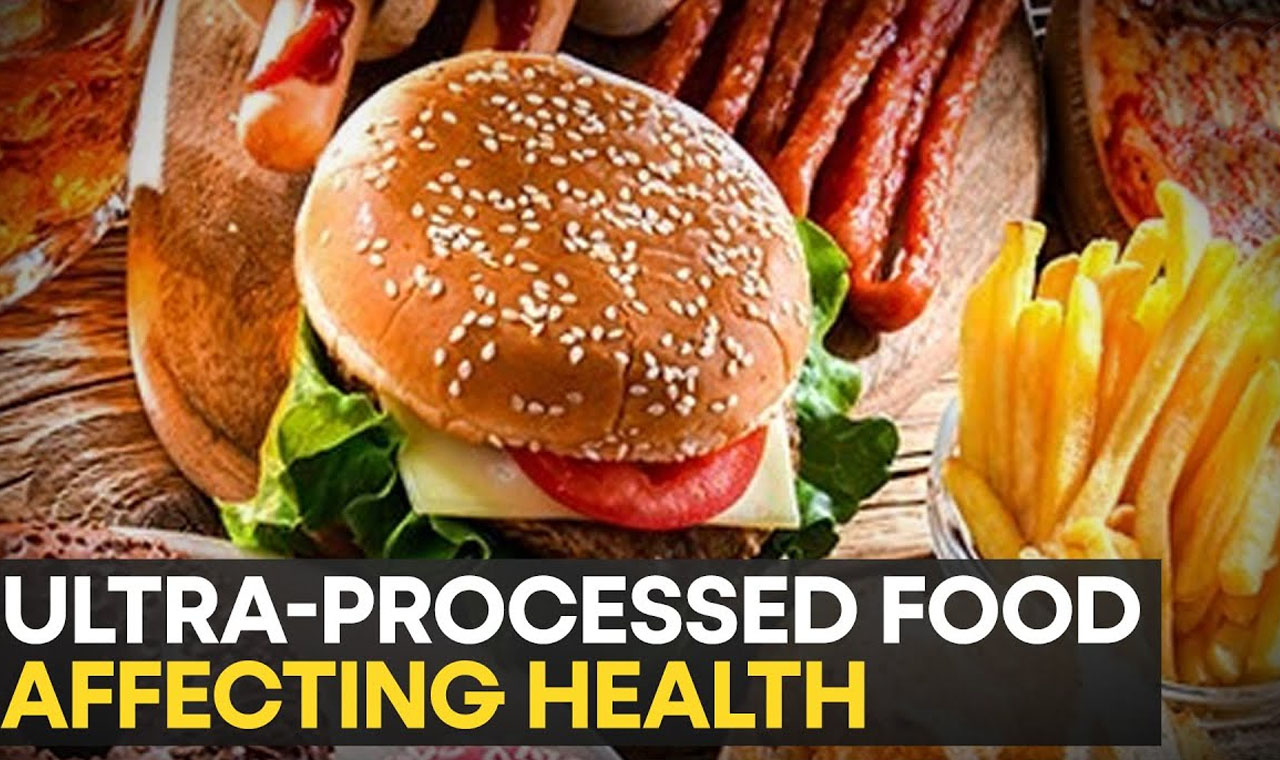
In the United States, more than 70% of the food available falls under the category of ultra-processed foods. These foods, made in factories and packed with fats, sugars, and salt, have become a significant part of our diets. Recent research from Harvard University sheds light on the detrimental effects these foods can have on our brains.
A study conducted by researchers at Massachusetts General Hospital in Boston followed over 30,000 participants aged 45 and older for an average of 11 years. The goal was to understand how consuming ultra-processed foods affects brain health. The findings were concerning: individuals who consumed more ultra-processed foods were at a higher risk of cognitive decline and stroke.
The study revealed a clear link between the consumption of ultra-processed foods and cognitive impairment. Participants whose diets included a higher percentage of these foods were more likely to experience memory and thinking problems. Even a small increase in the intake of ultra-processed foods correlated with a heightened risk of cognitive impairment. On the flip side, those who opted for unprocessed or minimally processed foods had a lower risk of cognitive issues.
Moreover, the research highlighted the impact of ultra-processed foods on stroke risk. Participants who consumed more of these foods were found to have an increased risk of stroke compared to those who consumed less. This risk was even higher among Black participants, emphasizing the importance of addressing healthcare disparities and promoting brain health for all.
Experts agree that the findings of this study are not surprising. Monique Richard, a registered dietitian nutritionist, emphasized the detrimental effects of a diet dominated by ultra-processed foods. These foods often lack essential nutrients and can harm the body’s biological processes, including those crucial for brain health.
In light of these findings, it’s crucial to rethink our dietary habits. Making simple changes, such as reducing the consumption of ultra-processed foods and opting for whole, minimally processed foods, can significantly benefit brain health. As Dr. W. Taylor Kimberly, the senior author of the study, suggests, if a food cannot be easily made in your own kitchen, it might be worth reconsidering its place in your diet.
Ultimately, this research underscores the importance of nourishing our bodies with wholesome foods to support overall health, including brain function. By making mindful choices about what we eat, we can protect our cognitive health and reduce the risk of debilitating conditions such as cognitive decline and stroke.










